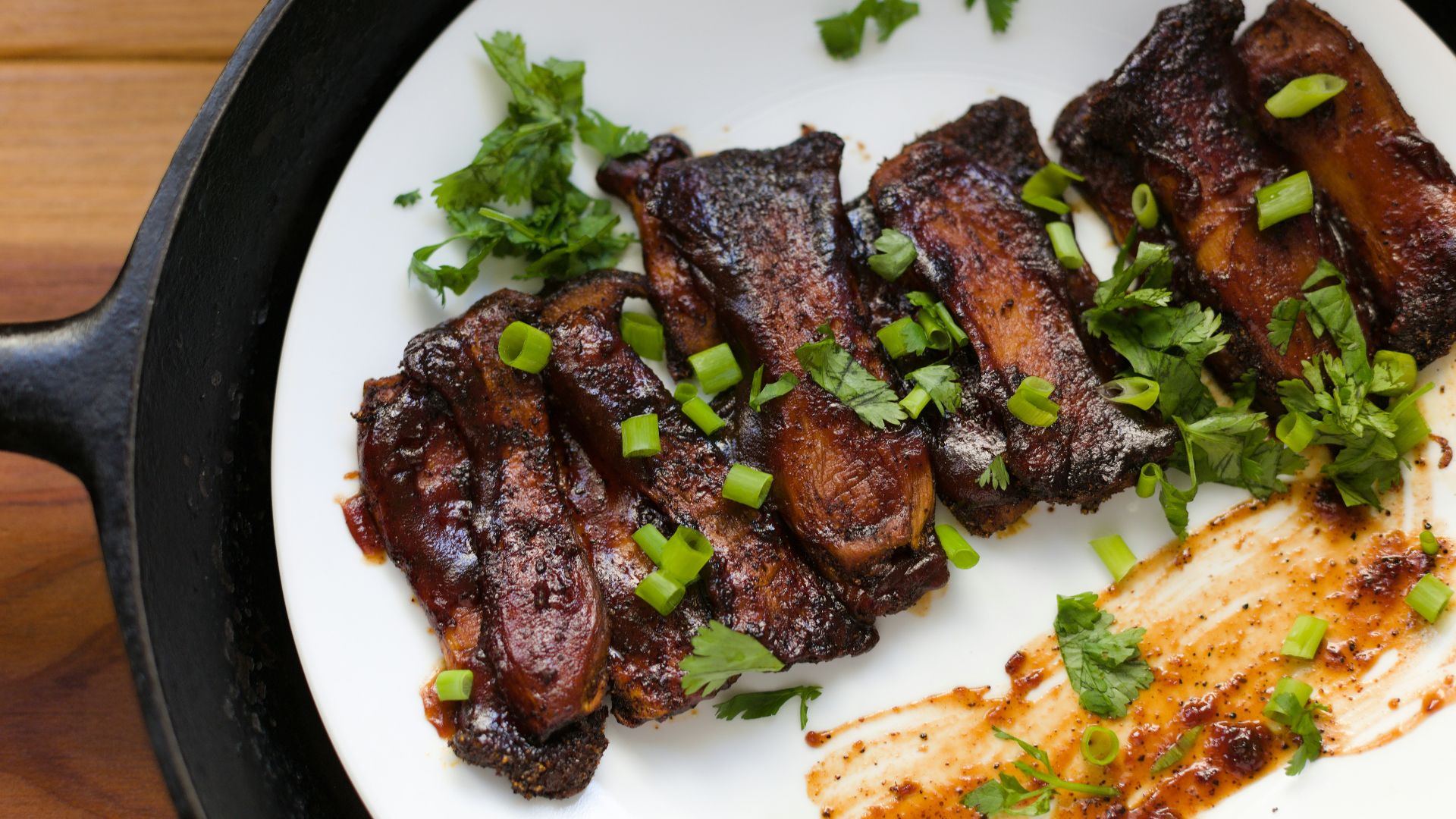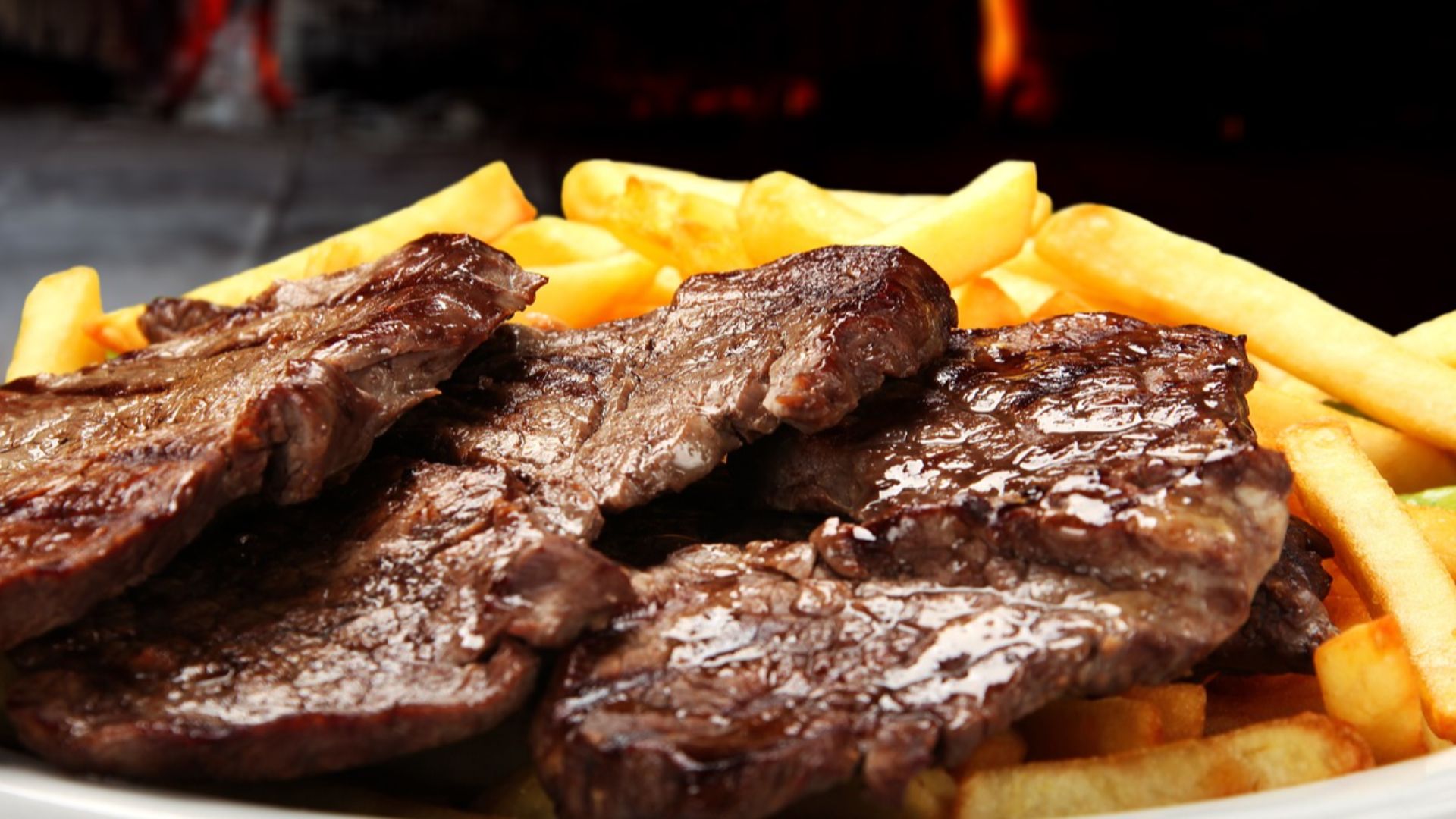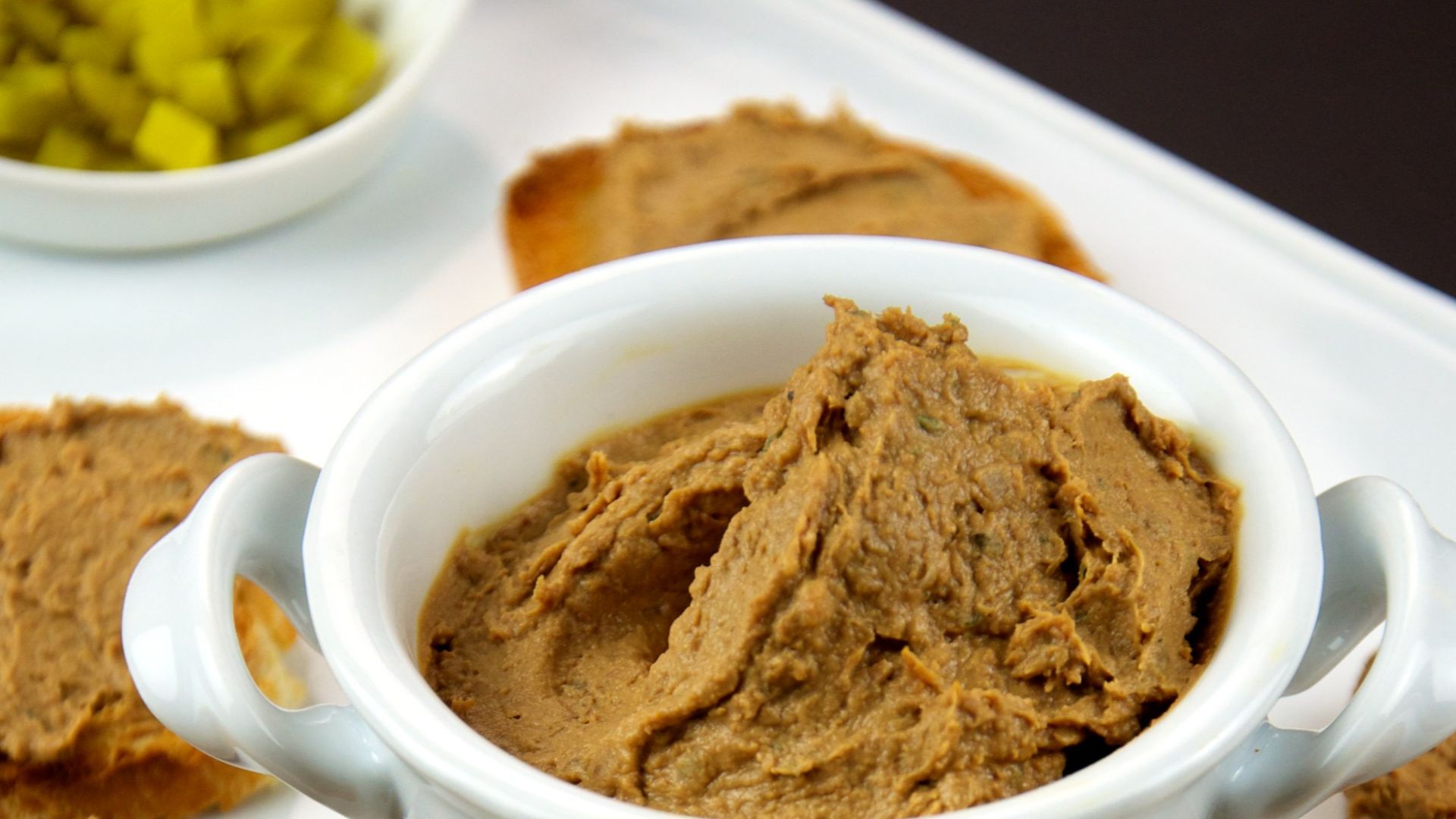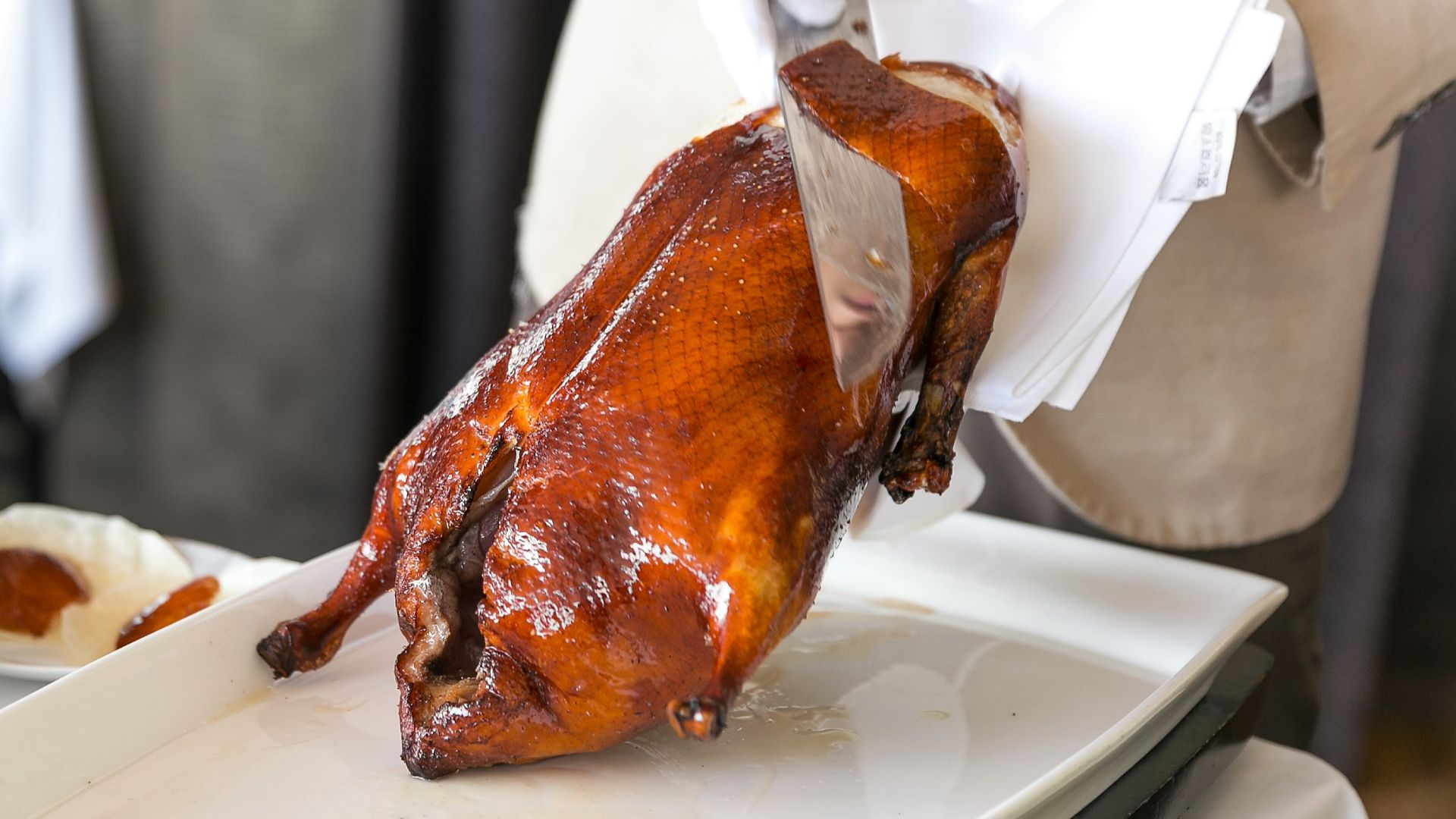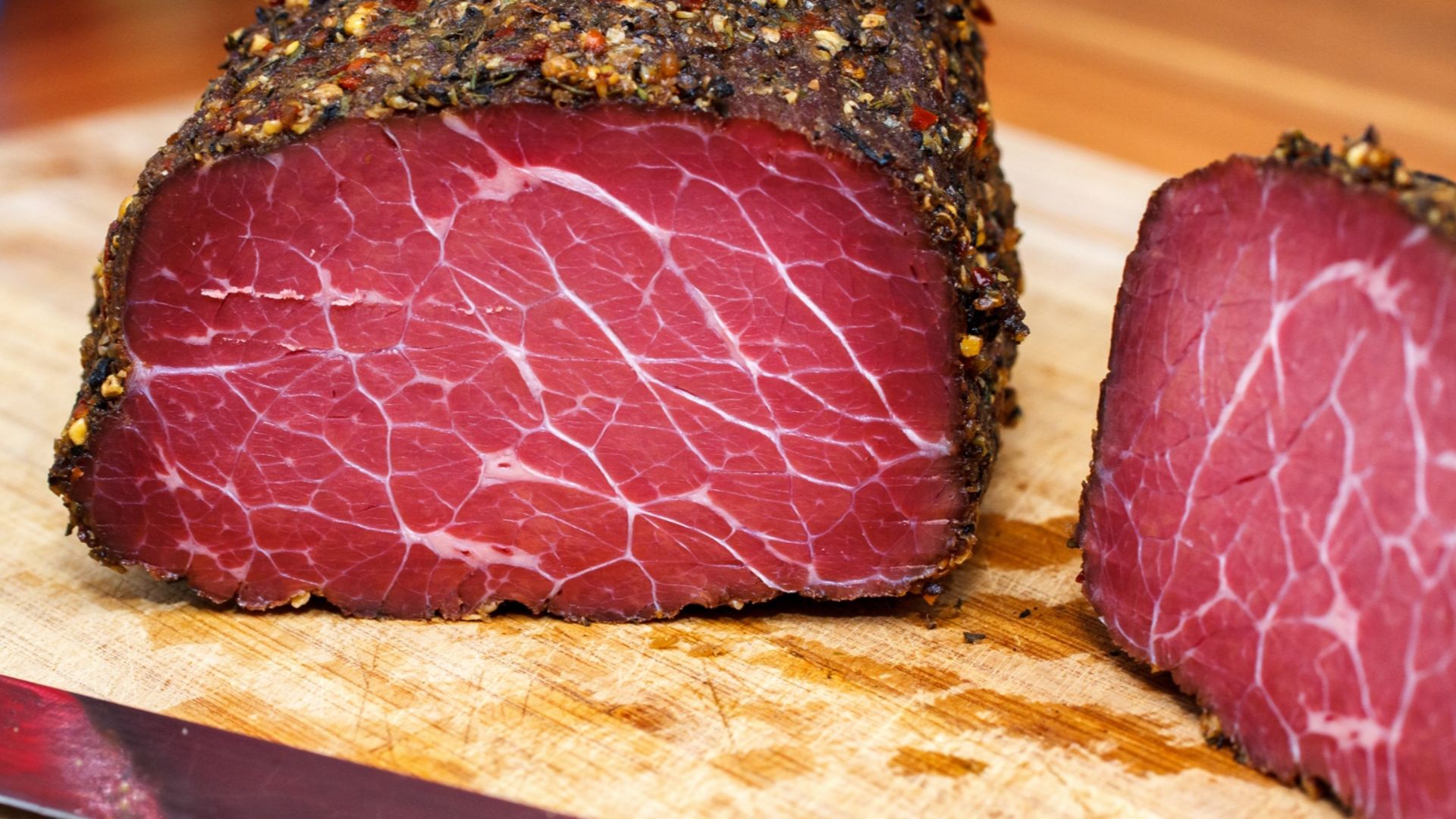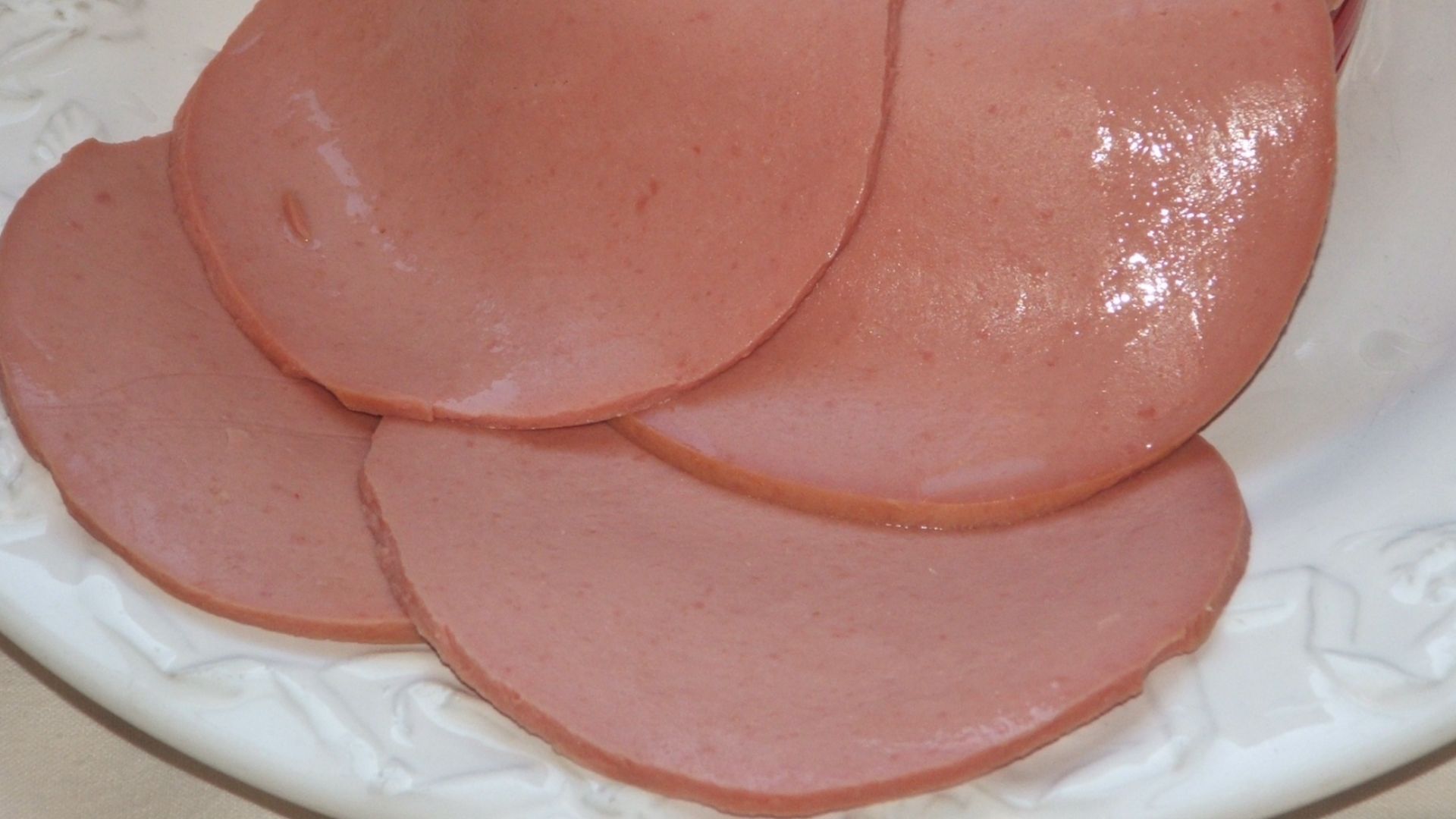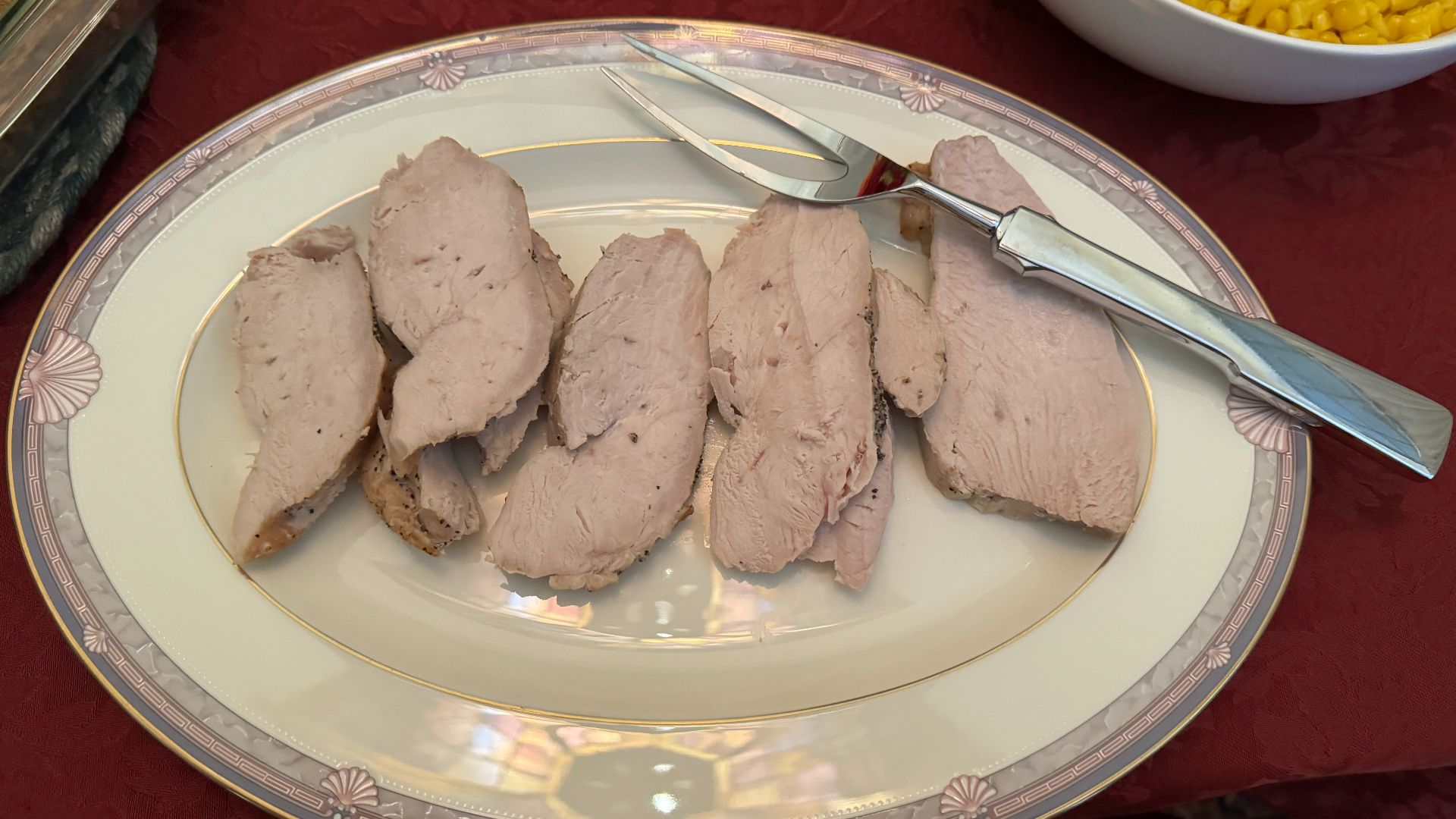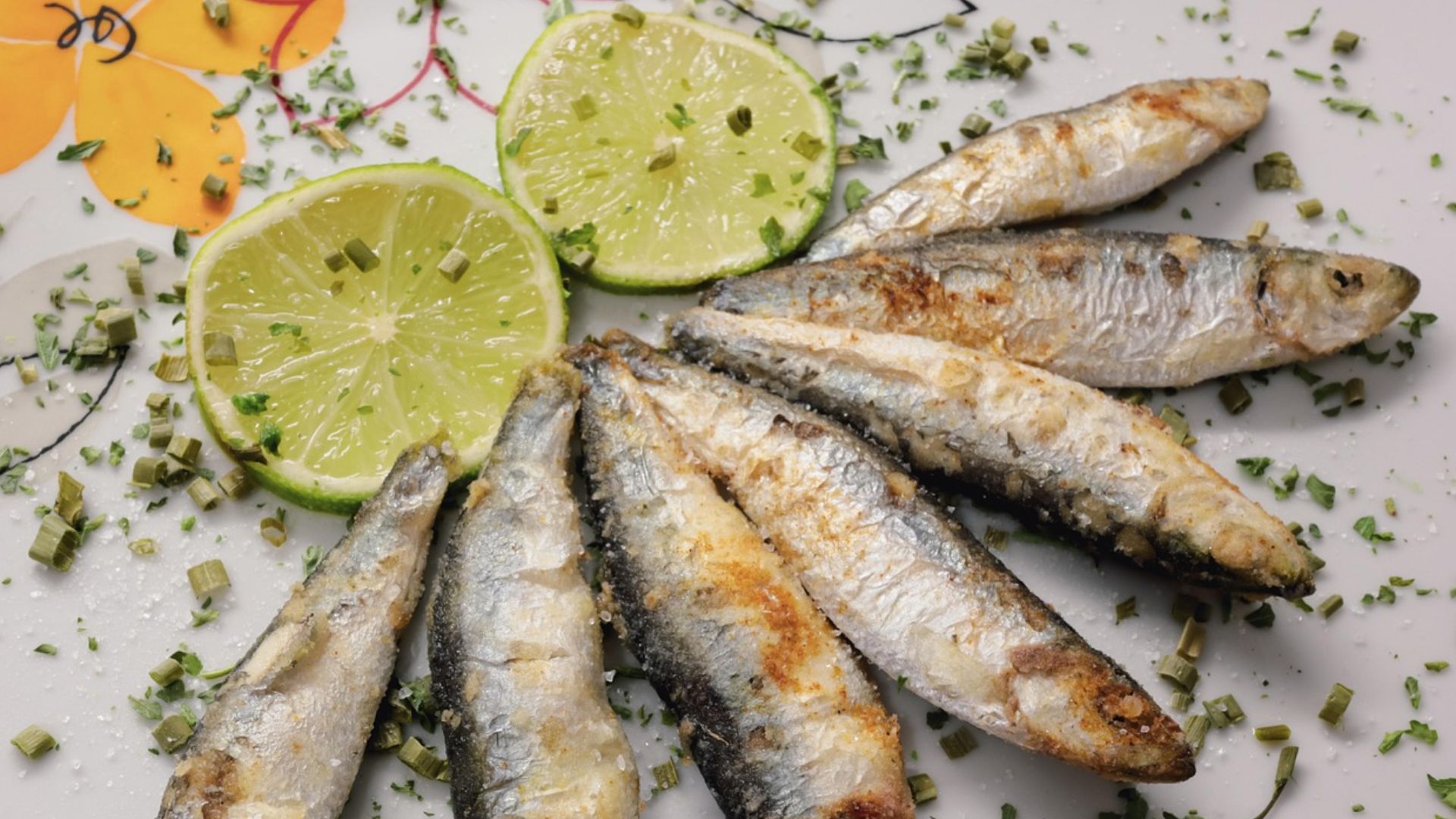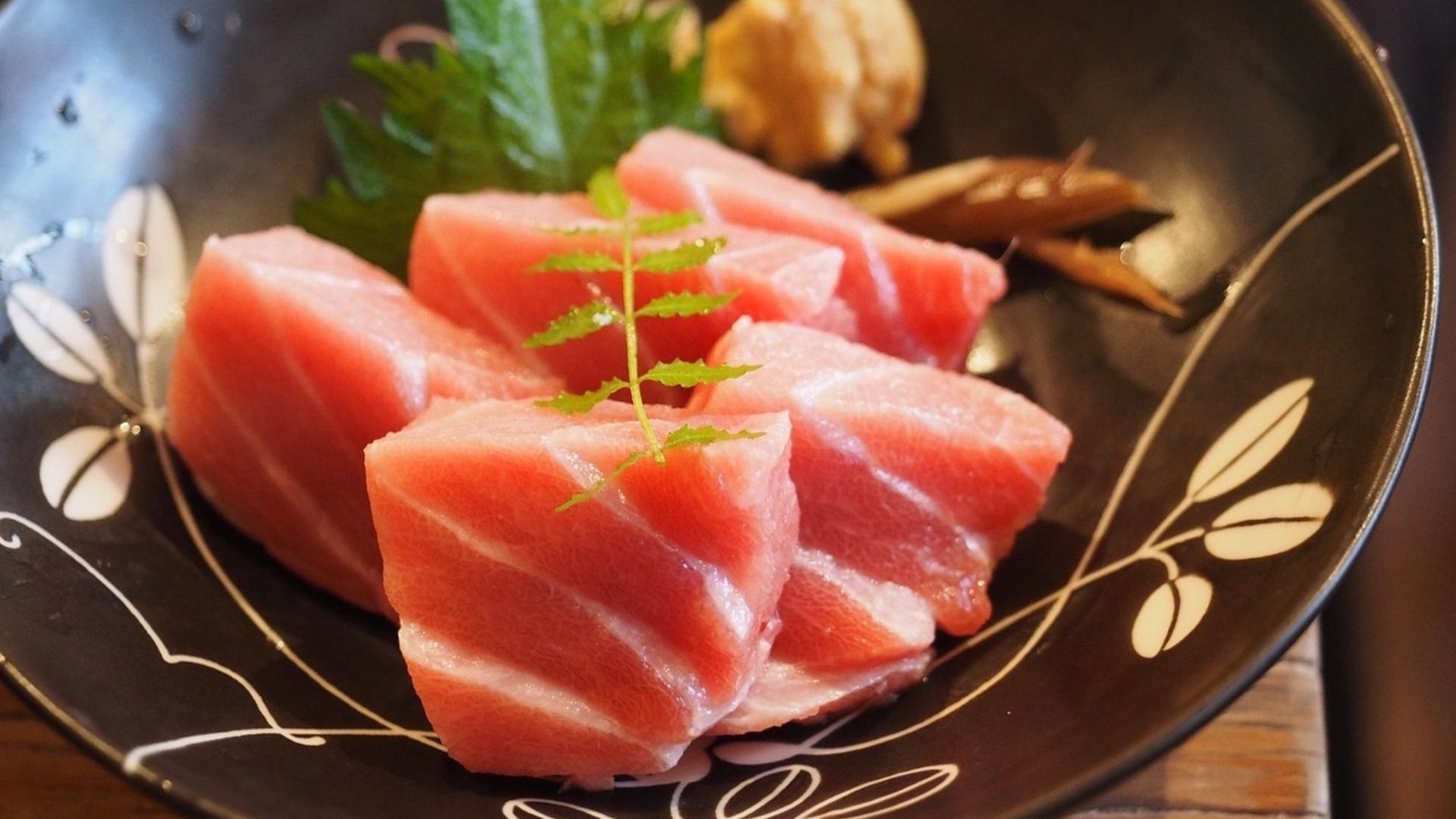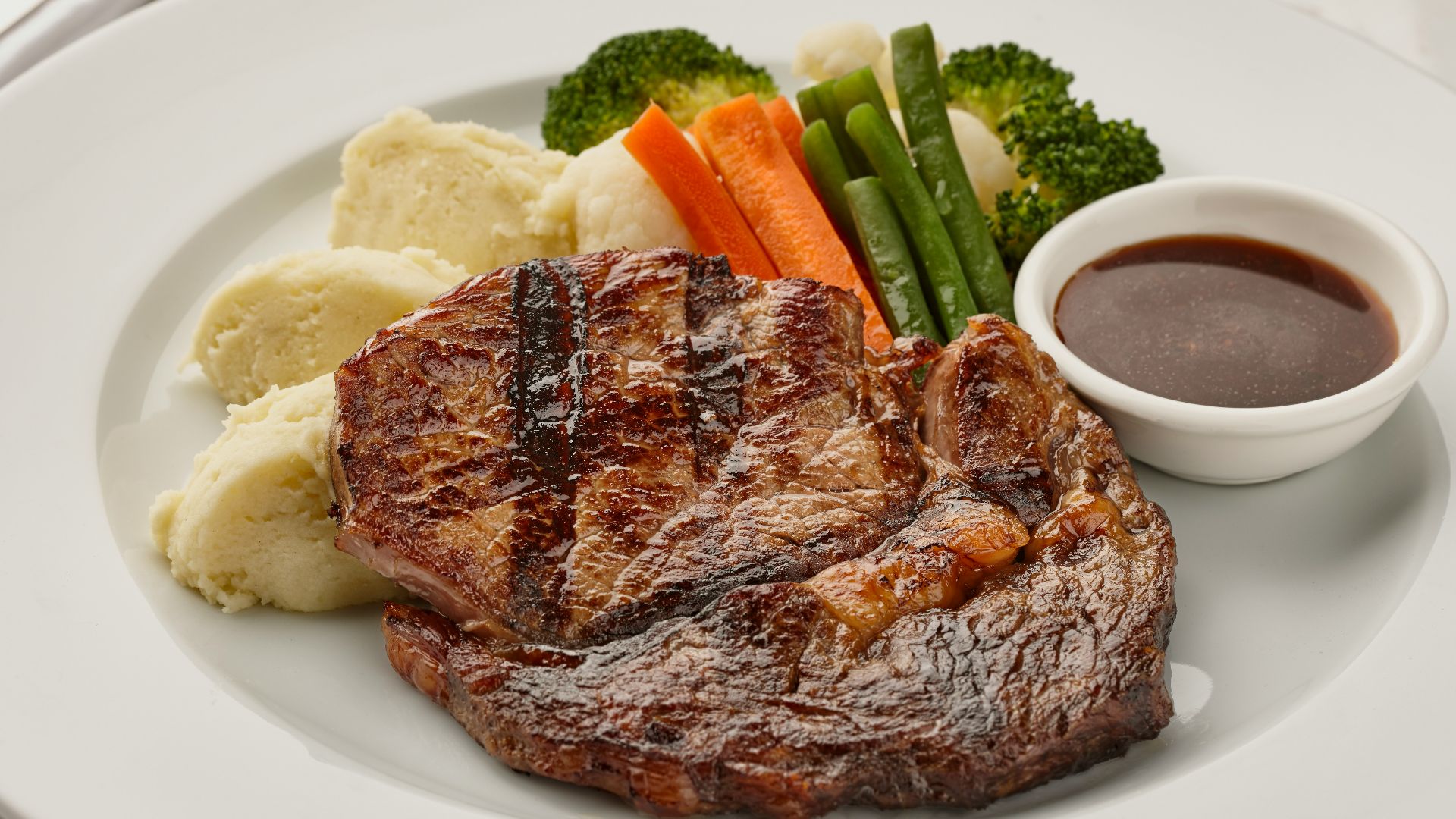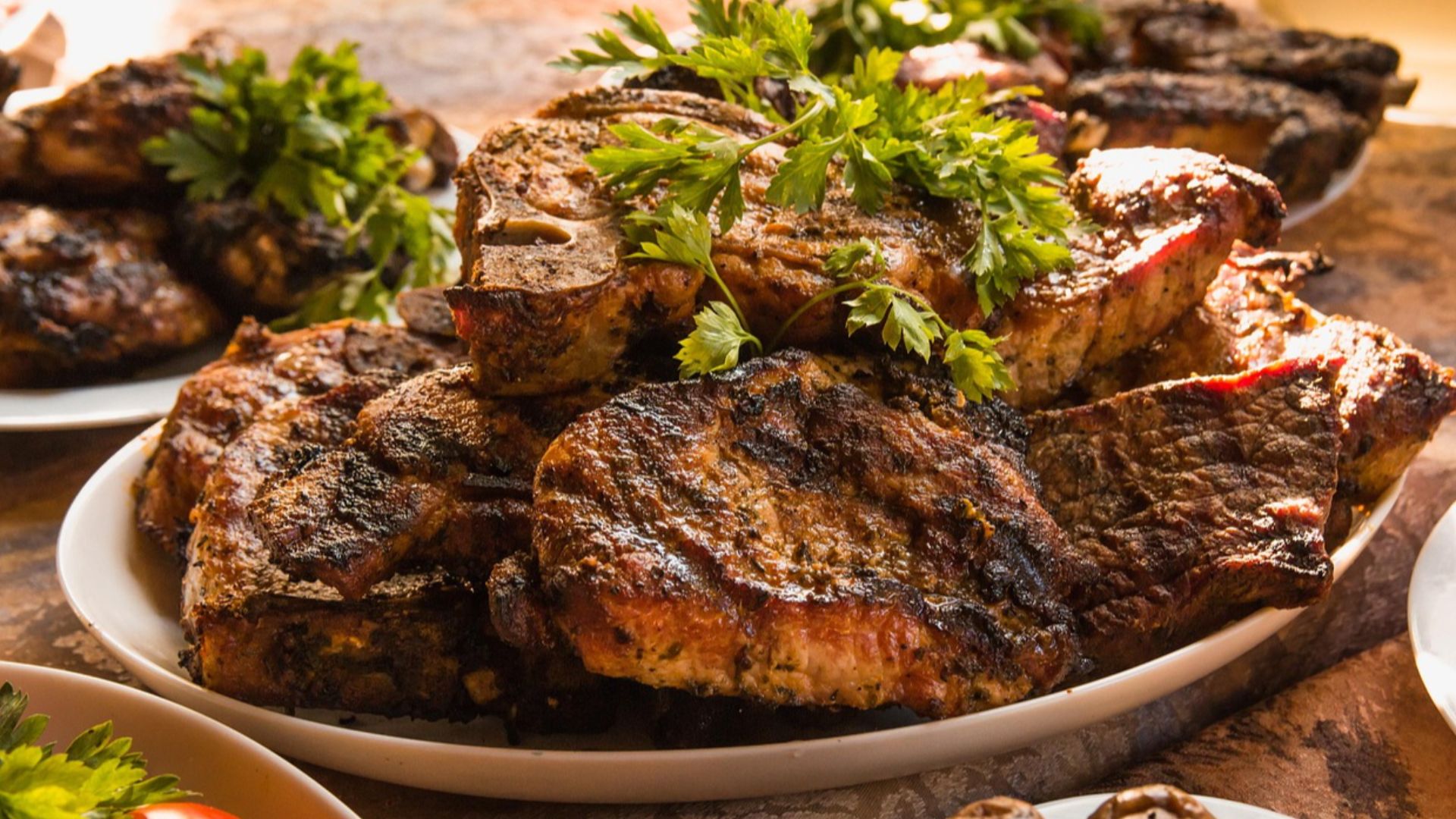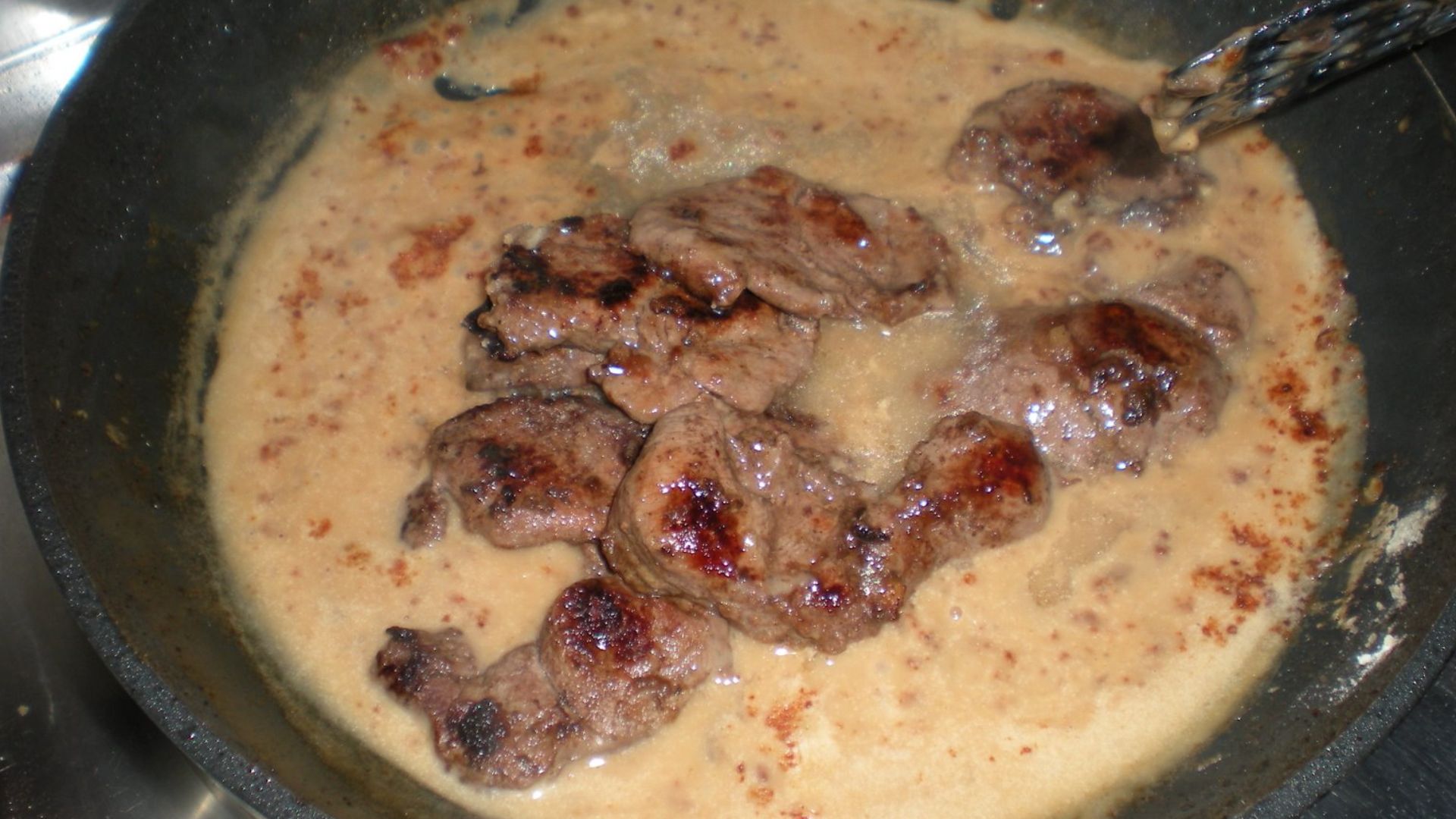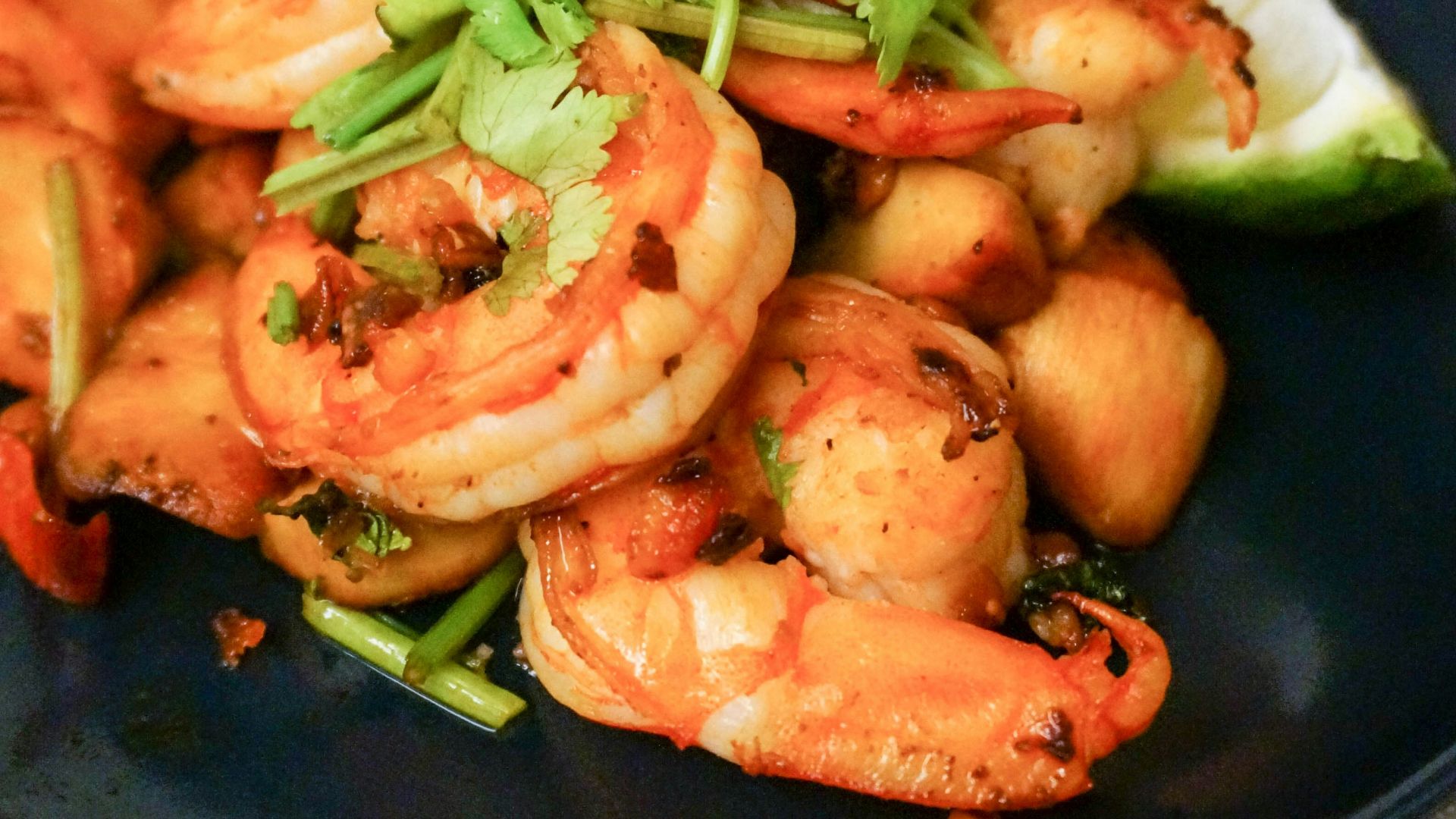The 10 Worst Meats For Your Heart & 10 That Keep It Healthy
Looking To Keep Your Heart Happy?
When it comes to meat, not all cuts are heart-healthy. Some might be loaded with flavor, but they could also be quietly working against you. So, how do you tell the difference between a heart-happy meal and a ticking time bomb on a plate? To help you out, here’s a breakdown, starting with the ten worst meats that are secretly sabotaging your heart health.
1. Bacon
This highly processed meat is rich in saturated fat, which contributes to increased cholesterol levels. The salty flavor you love comes from high sodium content, which can increase blood pressure. And while it might be tempting to add to sandwiches, limiting your bacon intake is a wise decision for heart health.
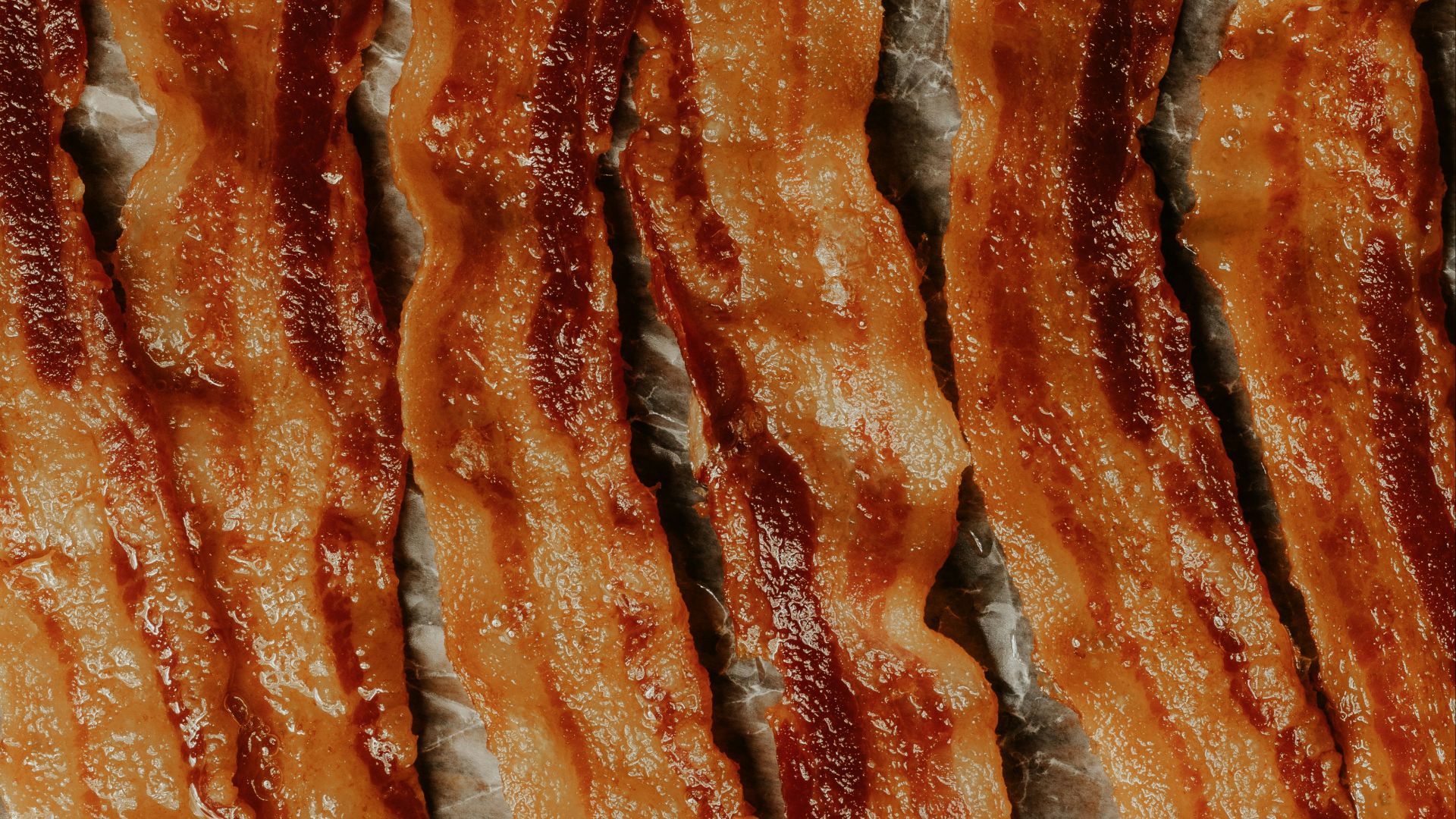 Wright Brand Bacon on Unsplash
Wright Brand Bacon on Unsplash
2. Hot Dogs
Hot dogs are packed with nitrates, preservatives, and unhealthy fats. Consuming these regularly can lead to a risk of developing cardiovascular diseases. The combination of these factors makes hot dogs a poor choice for those looking to protect their heart.
3. Ribs (Pork Or Beef)
These cuts can raise LDL (bad) cholesterol levels and contribute to the development of numerous heart diseases. Over time, the high-fat content of ribs can lead to increased accumulation of plaque in the arteries, reducing blood flow and raising the risk of heart attacks.
4. Beef Brisket
Beef brisket is revered for its tender texture, but it's one of the fattiest cuts of beef you can eat. Even when slow-cooked, the marbling of saturated fat within the muscle fibers remains. This type of fat has been directly linked to higher LDL cholesterol and increased risk of atherosclerosis.
5. Pâté (Liver)
Organ meats like liver are a good source of nutrients, including iron and vitamin A. However, they are also extremely high in dietary cholesterol. Just a small portion of the liver can exceed the recommended daily cholesterol intake, especially for individuals who are already at risk for heart disease..
6. Pepperoni
Often topping pizzas, pepperoni is highly processed and loaded with sodium and saturated fat. These compounds also clog arteries. Moreover, its shelf-stable nature comes with a price: nitrates and artificial additives that stress your heart with repeated consumption.
7. Duck (With Skin)
Duck is one of the richest meats in terms of flavor—and, unfortunately, in saturated fat as well. Most of that fat is concentrated in the skin, which is typically left on during roasting to achieve that coveted crisp texture.
8. Pastrami
A deli favorite, pastrami is typically made from beef that is brined, spiced, and smoked. Its fat content adds to the cardiovascular burden, and the curing process introduces nitrates and nitrites, which can stiffen blood vessels and promote plaque formation.
9. Turkey Skin
Turkey’s skin is saturated with fat, and when cooked to a crispy finish, it becomes a concentrated source of artery-clogging lipids. People often overlook the impact of this addition, especially during holidays when portion sizes grow larger.
10. Bologna
This lunch meat is heavily processed, combining low-grade cuts of meat with fillers, fat, and loads of salt. And since it’s eaten in multiples—layered in sandwiches or stacked in cold cuts—bologna can quietly become a regular source of heart damage.
Now, here are the ten meats that not only taste great but also help keep your heart strong and happy.
1. Skinless Chicken Tenders
Skinless chicken tender is widely known for being one of the leanest meats available. With its minimal fat content and good protein profile, it’s an excellent option for a healthy heart. Moreover, by removing the skin, you eliminate most of the saturated fat, which can contribute to high cholesterol levels.
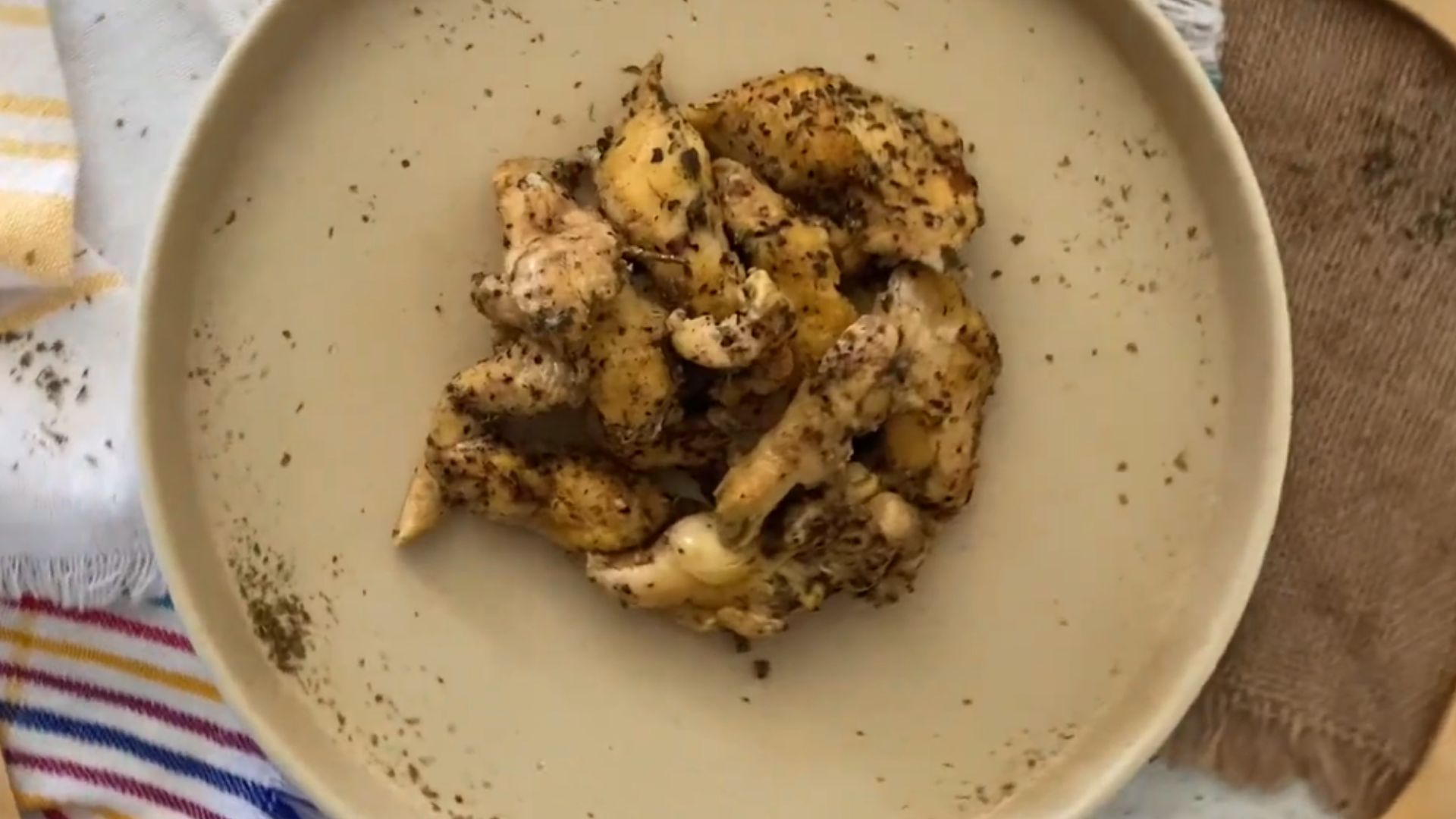 Instant Pot Chicken Tenders by Corrie Cooks
Instant Pot Chicken Tenders by Corrie Cooks
2. Turkey (Skinless)
Turkey is low in fat and an ideal source of vitamins, including B vitamins like niacin and B6. Additionally, turkey is rich in selenium, a mineral that acts as an antioxidant to fight inflammation and decreases oxidative stress, both of which can contribute to heart disease.
3. Salmon
Rich in omega-3 fatty acids, this fish plays a key role in lowering inflammation. Furthermore, salmon is considered a good source of protein and provides a range of important nutrients. Choosing wild-caught salmon over farmed options can also increase the omega-3 content while reducing the chances of contaminants.
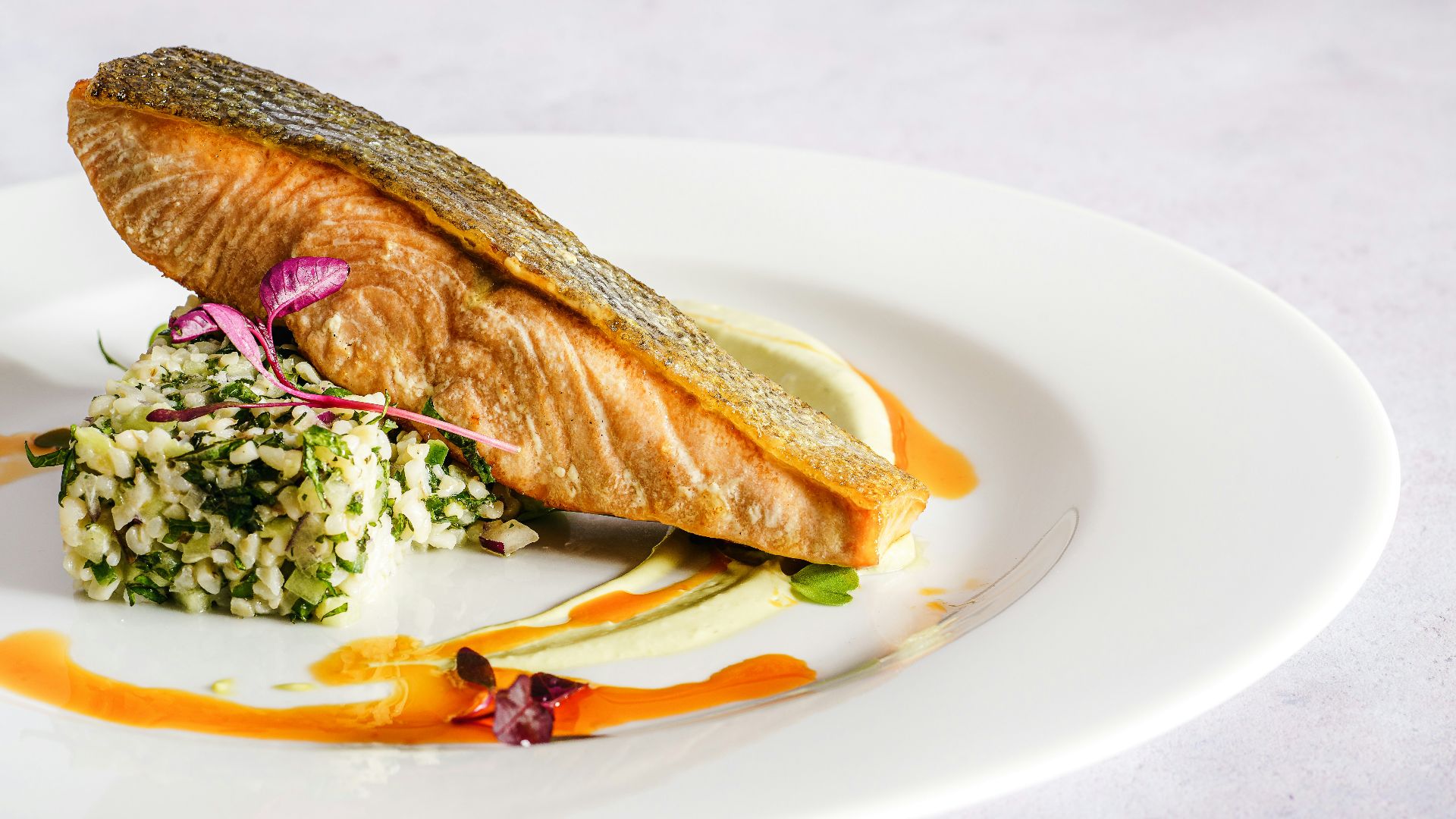 Sebastian Coman Photography on Unsplash
Sebastian Coman Photography on Unsplash
4. Sardines
Since they’re lower on the food chain, sardines contain less mercury compared to larger fish, which makes them a safer choice for consumption. Whether you toss them into a salad or pair them with pasta, sardines are an excellent, heart-friendly addition to your diet.
5. Tuna
Tuna, especially when packed in water, is an affordable and heart-healthy protein option. It’s rich in omega-3 fatty acids and low in fat and calories. Plus, with its mild flavor and versatility, tuna can be used in a variety of dishes.
6. Lean Beef
Grass-fed beef is a healthier alternative to conventionally raised beef. It contains more omega-3 fatty acids. It also has a better balance of fats compared to grain-fed beef and contains more conjugated linoleic acid (CLA). You can find grass-fed beef at major outlets like Whole Foods, Trader Joe’s, and Costco. Look for labels such as “100% Grass-Fed” or “Pasture-Raised” to ensure quality.
7. Bison
Bison is leaner than beef and a great source of heart-healthy protein. It’s lower in fat and cholesterol, making it a good choice for those looking to reduce their risk of heart disease. Try bison burgers or steaks for a delicious alternative to beef.
8. Venison
Venison is filled with protein, iron, and B vitamins, which support energy production and healthy circulation. Venison also contains a healthy balance of omega-3 and omega-6 fatty acids. So, enjoy it in stews or as a ground for burgers.
9. Quail
Quail can be roasted, grilled, or sautéed, making it a versatile addition to a heart-healthy diet. This small game bird is a great alternative to higher-fat meats and offers a rich, tender taste that’s sure to satisfy your palate while supporting heart health.
 Stewart Butterfield on Wikimedia
Stewart Butterfield on Wikimedia
10. Shrimp
This one on the list is low in calories and high in protein. While it’s naturally low in fat, it’s important to avoid heavy butter or oil when preparing shrimp, as these can add calories and fat. Grilled or added to salads or stir-fries, shrimp is a heart-friendly option.
KEEP ON READING

20 Food-Related Art Projects





